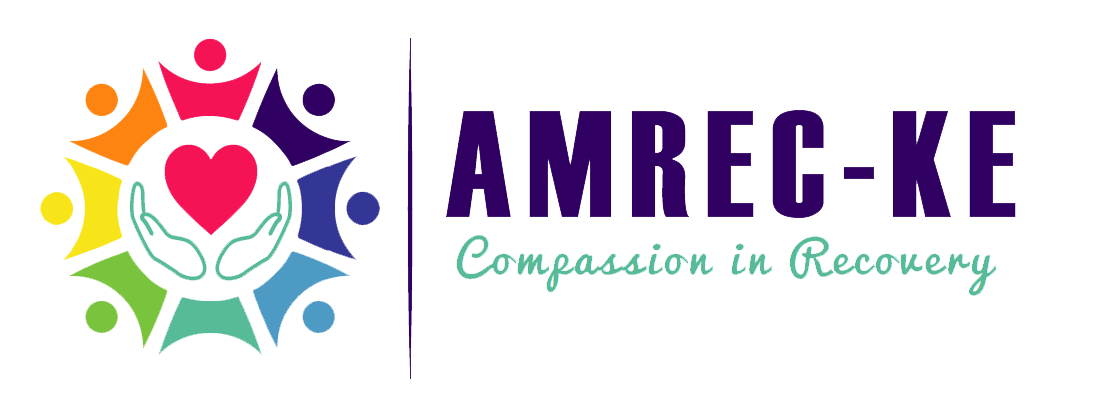

Contrary to their name, central nervous system depressants don’t actually make you feel down or sad. They work by slowing down bodily and mental processes, which has an impact on how messages are transmitted between the two. Your focus and coordination are affected, not to mention your capacity to react to events happening around you.
They are excellent for treating a wide range of conditions, including insomnia, anxiety, panic attacks, stress, sleep difficulties, pain, and seizures thanks to their feature. Opioid medications have been recommended by doctors in recent years for a variety of ailments, however abusing these narcotics excessively can have negative effects. It can be fatal to combine various alcohol and Central Nervous System depressants, such as painkillers.
DISCLAIMER: ONLY A MEDICAL PRACTIONER CAN PRESCRIBE THESE DRUGS TO YOU, ANY NON-MEDICAL USE OF THE DRUG IS CONSIDERED AS RECREATIONAL HENCE AN OVERDOSE
Examples of depressants include: Cannabis, alcohol, opioids(, heroin, morphine, codeine) ketamine, gamma-hydroxybutyrate, (GHB), barbiturates, phenobarbital, pentobarbital, benzodiazepines, Rohypnol, Xanax, Valium, alcohol,anti-anxiety tranquilizers (e.g., Valium, Librium, Xanax, Prozac, and Thorazine)and GHB (gamma hydroxybutyrate)

Signs of Central Nervous System Depressant Abuse
So, how do we know that someone is under the influence of anti-depressants? There are usually evident signs and symptoms that show a person is under the influence. They include:
- Secretive or abnormal behavior
- Decreased social activity or work productivity
- Mood swings
- Periods of depression or apathy
- Lack of energy or motivation
- Withdrawal symptoms when not using depressants
- Failing in attempts to stop using the drugs
- Taking the drugs without medical direction, or outside a doctor’s prescribed guidelines.

Effects of Central Nervous System Depressants
Drugs’ effects are usually categorized into 2, short-term effects and long-term effects. What is the difference? Short-term effects take place soon after an event, but long-term effects build up over time.
a.) Short-term effects
They include:
- Impaired coordination and concentration
- Nausea and/or vomiting
- Unconsciousness
- Memory loss, and impaired mental functioning.
- Lowered blood pressure
- Dilated pupils
- Confusion or disorientation
- Slowed pulse and breathing
- Sleepiness or fatigue
- Difficulty urinating
- Dizziness
- Slowed reaction time
- Relaxation and euphoria
- Slurred speech
- Reduced inhibitions
- Loss of coordination
- Impaired judgment
- Blacking out
b.) Long-term effects
Depending on the type of depressant taken and the degree of usage, prolonged use has a number of adverse effects. Chronic users of depressants in particular may build up a tolerance and need higher doses to maintain the intended effects.
Other potential long-term effects include:
- Chronic fatigue
- Weight gain
- Hypersomnia
- Sexual dysfunction
- Breathing and sleep difficulties
- Depression
- Suicidal thoughts
- Physical dependence
- Addiction
- mental health disorders like anxiety and depression disorders
- Liver disease, cardiovascular disorders, cancer, suicide, and even death.

Central Nervous System Depressant Withdrawal
As soon as a person stops taking CNS depressants, withdrawal symptoms start to appear. Depressants slow the action of the brain’s chemistry, which results in intense and abrupt withdrawal symptoms. Typically, withdrawal symptoms start 12 to 24 hours after the last dose of the medicine and peak between 24 and 72 hours afterwards. After this initial phase of acute withdrawal, most withdrawal symptoms start to subside; however, some symptoms, known as post-acute withdrawal symptoms (PAWS), may persist for up to 24 months.
Someone thinking about ending their use of a CNS depressant, or who has stopped and is suffering from withdrawal, should immediately seek medical treatment from rehab centers such as AMREC.
Common central nervous system depressant withdrawal symptoms include:
- Insomnia and restlessness
- Nausea and /or vomiting
- Shaking and weakness
- Excessive sweating
- Irritability and hallucinations
- Anxiety and panic attacks
- Body tremors and seizures
- Depression
- Muscular stiffness or pain
- Changes in perception
- Heart palpitations and tension
- Memory issues
- Increased blood pressure and pulse
- Hypersensitivity to light and sound
- Aches and pains
Getting help

Follow our social media handles
References
- Hilliard, J. (2021b, October 21). Central Nervous System Depressants. Addiction Center. https://www.addictioncenter.com/drugs/drug-classifications/central-nervous-system-depressants/
- Huizen, J. (2018, October 9). What is central nervous system (CNS) depression? https://www.medicalnewstoday.com/articles/314790
- spineuniverse.com. (n.d.). https://www.spineuniverse.com/treatments/medication/central-nervous-system-cns-depressants-stimulants
Lemu Wanjiku
Counselling Psychologist
AMREC Kenya

